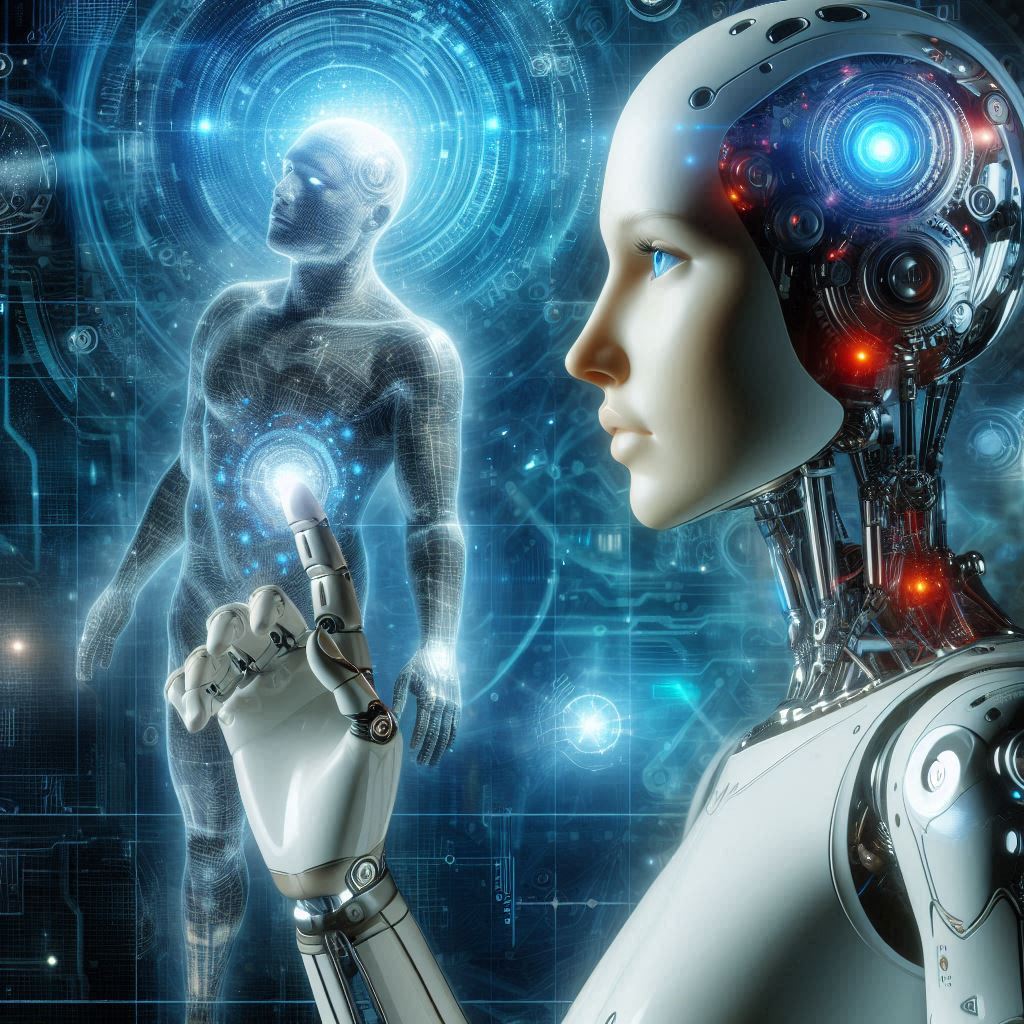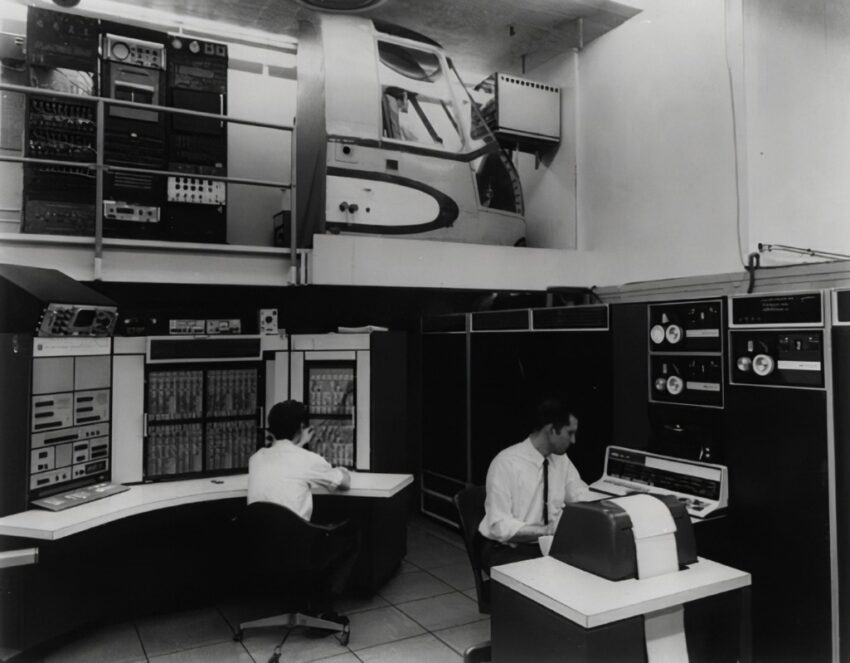Throughout history, humanity has seen many groundbreaking inventions. Examples include the wheel, printing press, and electricity. Recently, the internet has emerged. The internet is transformative, changing how we communicate and access information. It also affects how we conduct daily activities. Its evolution has led to many advancements. Examples include search engines and educational platforms. These innovations drive knowledge and innovation to new heights.
Discovering Search Engine
The first major step in this transformation was the creation of Archie in 1990, a search engine that indexed FTP (File Transfer Protocol) sites to help users locate specific files. Developed by Alan Emtage, this innovation laid the groundwork for more sophisticated search technologies that followed. As the internet expanded, so did the need for more efficient ways to navigate it. The introduction of Gopher in 1991 provided a text-based interface for document retrieval, and subsequent tools like Veronica and Jughead further refined these capabilities. These early innovations set the stage for a more user-friendly and powerful search experience.
Similarly, the rise of Google and the information revolution marked a turning point in the history of the internet. Launched in 1998, Google quickly gained popularity due to its user-friendly interface, advanced search capabilities, and commitment to providing accurate and relevant information. Therefore, Google’s success paved the way for a new era of search engines, transforming the way people access information and conduct research.
Larry Page and Sergey Brin launched Google, revolutionizing information retrieval. Consequently, their PageRank algorithm ranked web pages by link number and quality. This, in turn, delivered highly relevant search results. Moreover, Google’s dominance stemmed from technical prowess and relentless innovation. Furthermore, machine learning and AI further refined Google’s search capabilities. As a result, this ensured users received the most accurate and valuable information.

Invention of EdTech
Beyond its impact on information retrieval, the development of search engines catalyzed the growth of educational technology (EdTech) platforms. Khan Academy, Coursera, and Wikipedia exemplify how the internet democratized education by providing free or affordable access to high-quality educational resources. These platforms empowered self-directed learning and bridged educational gaps globally.
Additionally, Khan Academy revolutionized online learning by offering free, high-quality educational content across diverse subjects. Coursera collaborated with esteemed universities to provide online courses and degrees, making higher education more accessible. Wikipedia, with its collaborative model, became a reliable source of knowledge, continuously updated by contributors worldwide.
In the realm of academic research, online libraries and databases have become indispensable resources for scholars and students alike. Renowned platforms like Google Scholar, PubMed, and JSTOR offer a treasure trove of academic papers, journal articles, as well as research publications. Google Scholar provides access to a diverse range of scholarly literature across various disciplines, often freely available. PubMed, a free resource, specializes in medical and biological sciences, boasting an extensive database of articles and studies. JSTOR, though requiring a subscription, grants access to an extensive archive of academic journals, books, and primary sources.
To illustrate, notable repositories include IEEE Xplore for engineering and technology research. Additionally, Scopus and Web of Science offer comprehensive bibliographic data. Moreover, these platforms, whether free or subscription-based, revolutionize access to academic content. Consequently, conducting thorough and credible research is easier than ever.
The Significance of These Innovations
I’m writing this post to emphasize the profound significance of these innovations. Imagine conducting research and writing an academic article without the assistance of AI, Google, or the vast databases accessible through the internet. Such a task would have been arduous, requiring months, if not longer, as researchers would have had to manually sift through a limited number of physical sources.
Today, these tasks can be accomplished in mere hours. Obviously, the transformative impact of these technologies has accelerated learning and development, making the process more efficient, comprehensive, and trustworthy. In the past, accessing only a handful of sources to support an idea was the norm; now, we can access millions, providing robust evidence for both academic and non-academic endeavors.
Combining all the technologies we have today—search engines, databases, libraries, AI, quantum computing, and EdTech—into a new portal could revolutionize how we conduct research and access information. Such a platform would streamline the process, enhance the credibility and depth of the information we rely on, and create a unified knowledge platform for the future.
The Future: A Unified Knowledge Platform
The internet and its associated technologies have fundamentally reshaped our world. For example, the evolution from early search engines like Archie to the sophisticated platforms we use today demonstrates the transformative power of innovation. As we look to the future, the continued integration and advancement of these technologies promise even greater strides, driving progress across education, research, and everyday life.

In fact, the internet’s journey is a testament to human ingenuity and our relentless pursuit of knowledge. The best is yet to come as we continue to explore and harness the potential of these groundbreaking technologies to create a more connected, informed, and empowered global society.
Imagine a future where all these cutting-edge technologies converge into a single, omnipotent AI assistant—much like the intelligent systems seen in sci-fi movies. This 360-degree tech would seamlessly integrate AI, quantum computing, and blockchain, transforming into the ultimate personal assistant. Capable of conducting sophisticated searches and generating highly relevant information in an instant, this assistant would surpass today’s limitations. It would provide real-time, visualized insights from various sources, offering precise, curated knowledge at your fingertips.
With unparalleled computational power and secure data handling, this AI would assist in decision-making, research, and personal tasks with unmatched efficiency as well as accuracy. Imagine having a superpowered assistant that not only understands your needs but also anticipates them, revolutionizing how we interact with information and enhancing every aspect of our lives.
This blog post is written by author Edgar Khachatryan, with help from Microsoft Copilot, OpenAI, ChatGPT, and Apple Intelligence.
